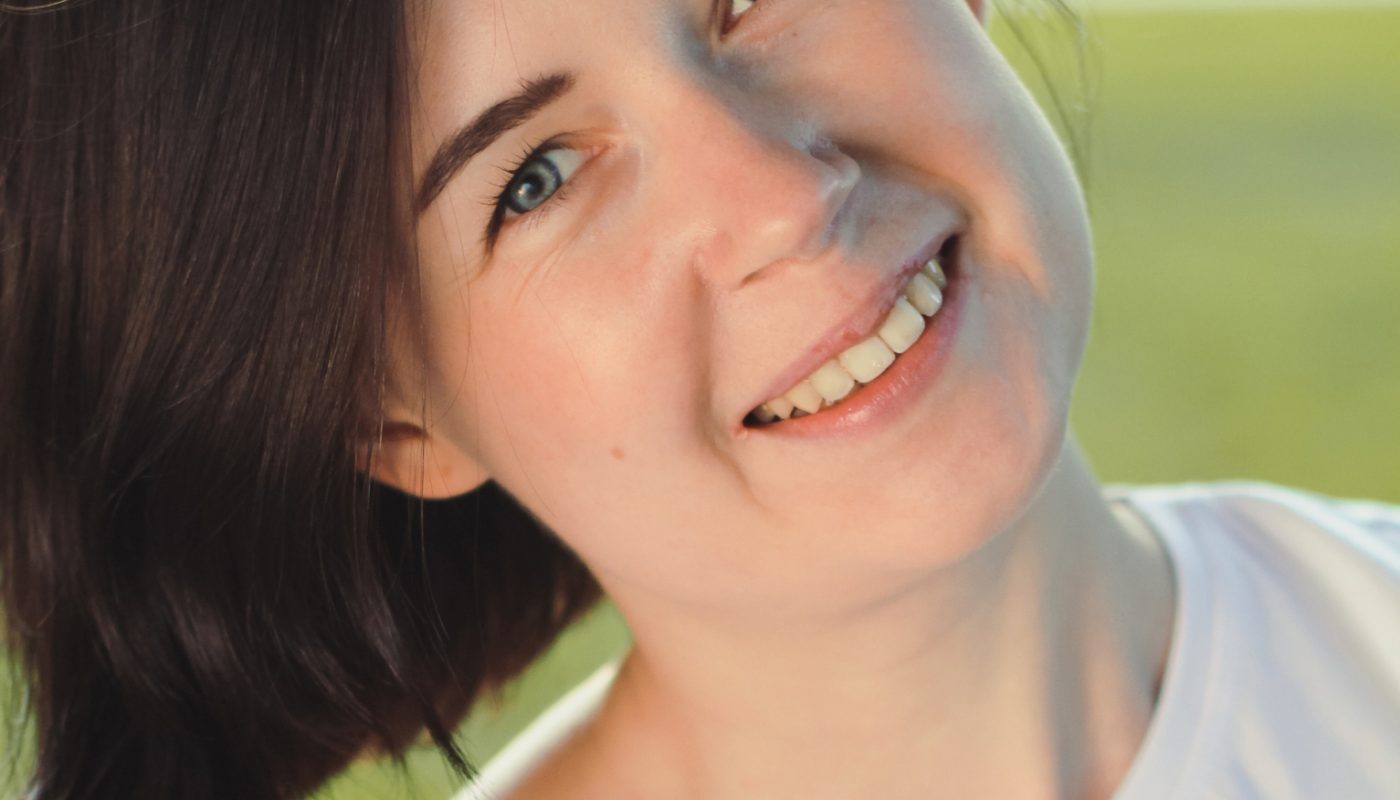

Talent in the spotlight: Oksana Voitenko
Oksana Voitenko talks about her short film Hideout.
Geplaatst op 31 augustus 2020

Oksana Voitenko talks about her short film Hideout.
Geplaatst op 31 augustus 2020